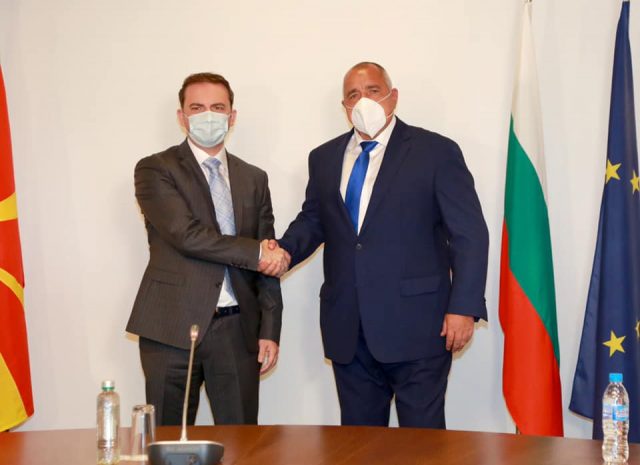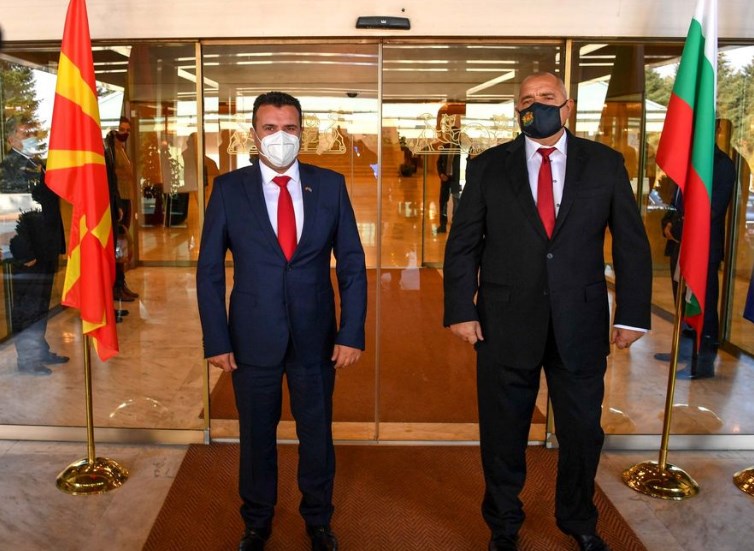Both sides have the right and obligation to represent their own positions, to protect their national interests and to justify policies, but they also have an obligation to care for friendship, as well as to guarantee the European future of the region. We want a solution and it is good to reach it by November 17. We believe that in the coming days together with Bulgaria, which is our great friend, we will put maximum effort to reach a solution, said yesterday the Prime Minister Zoran Zaev and the Deputy Prime Minister for European Affairs, Nikola Dimitrov regarding the latest developments in the Skopje-Sofia relationship.

The Bulgarian Academy of Sciences (BAS) also said “the efforts of the Bulgarian Government to integrate the Republic of Macedonia into EU values are fruitful.” BAS supports the position of official Sofia regarding Macedonia’s EU integration. It does not accept the negotiating framework for the country and the accompanying draft declaration as proposed in its current form.
The Pan-European Union of Macedonia and Pan-European Bulgaria, on the other hand, through a joint statement urged the different views on history not to be an obstacle to the common European future of the two countries. At the same time, they called on Skopje and Sofia to resolve bilateral issues in the spirit of goodwill.
Two Bulgarian university professors also spoke out. The blockade is in favor of the ambitions of Karakachanov and some EU countries that do not want enlargement, said Ivaylo Ditchev, professor of cultural anthropology at Sofia University, while according to Sofia and Blagoevgrad University historian and professor of historiography Stefan Dechev tensions are being created and views on the dispute between Sofia and Skopje are silenced.
The German newspaper Frankfurter Allgemeine Zeitung (FAZ) also wrote about the issue, saying that Bulgaria’s insistence on controversial historical issues as a precondition for Macedonia’s EU integration could jeopardize the entire EU enlargement policy. According to the FAZ, historical disputes in this part of Europe are being overestimated and enlargement policy will come to an end if the requirements for a bilateral historic dispute agreement are allowed to become a precondition for the start of accession negotiations.




Comments are closed for this post.